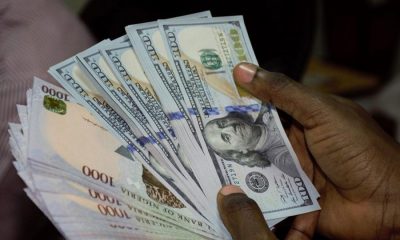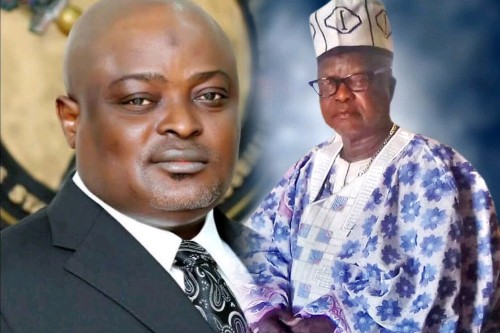The Nigeria Labour Congress (NLC) and Trade Union Congress (TUC) have given the federal government until May 31 to reverse the electricity tariff.
The labour bodies gave the ultimatum in a communiqué issued in Abuja on Monday at the end of a joint emergency national executive council (NEC) meeting of the NLC and TUC.
On April 3, the National Electricity Regulatory Commission (NERC) approved an increase in the electricity tariff for customers in the Band A classification, from N66 to N225 per kwh. The tariff hike attracted public outcry and calls for its reversal.
On May 13, members of organised labour picketed the headquarters of the NERC, the federal ministry of power, and the Abuja Electricity Distribution Company (AEDC) in Abuja, demanding a reversal of the tariff. The protest was replicated across Nigeria.
In the communiqué, the unions said the action taken by the government without consideration for the hardship of the masses was “unjust and burdensome”.
“The NEC once again vehemently condemns the unilateral increase in electricity tariffs by the authorities,” the communiqué reads.
“This action, taken without due consideration for the economic hardships faced by the masses and the provisions of the law, is deemed unjust and burdensome.
“The NEC reaffirms its demands for an immediate reversal of the tariff hike and the vexatious apartheid categorization into bands to alleviate the suffering of Nigerian workers and citizens and gives the National Electricity Regulatory Commission and the federal government until the last day of May 2024 to meet these demands.”
The organised labour said appropriate actions would be taken if the government failed to meet its demands.
“This includes, but is not limited to, the mobilisation of workers for peaceful protests and industrial actions to press home these demands for social justice and workers’ rights,” the unions said.
The labour unions also reiterated the May 31 ultimatum for the federal government to finalise the new national minimum wage fixing process for workers.
“We need an agreement that will genuinely reflect the true value of Nigerian workers’ contributions to the nation’s development and the current crisis of survival facing Nigerians as a result of government’s policies,” the labour movement added.
“The NEC affirms its commitment to ensuring that the interests and welfare of workers are adequately protected in the negotiation process.
“The NEC-in-session therefore reiterates the ultimatum issued by the NLC and TUC to the federal government, which expires on the last day of this month.”
The organised labour directed all councils whose state governments are yet to fully implement the N30,000 national minimum wage and its consequential adjustments to “immediately issue a joint two-week ultimatum to the culpable state governments to avert industrial action”.
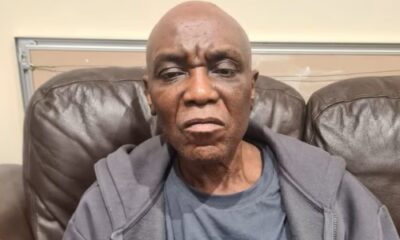
 BIG STORY23 hours ago
BIG STORY23 hours ago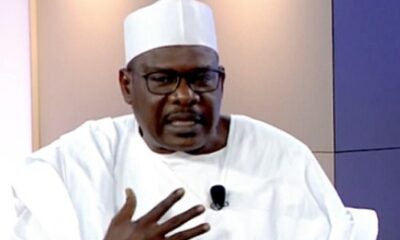
 BIG STORY5 days ago
BIG STORY5 days ago
 BIG STORY24 hours ago
BIG STORY24 hours ago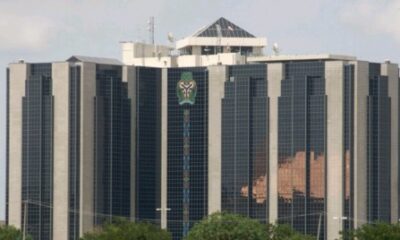
 BIG STORY5 days ago
BIG STORY5 days ago
 BIG STORY1 day ago
BIG STORY1 day ago
 BIG STORY2 days ago
BIG STORY2 days ago
 BIG STORY5 days ago
BIG STORY5 days ago
 BIG STORY4 days ago
BIG STORY4 days ago








